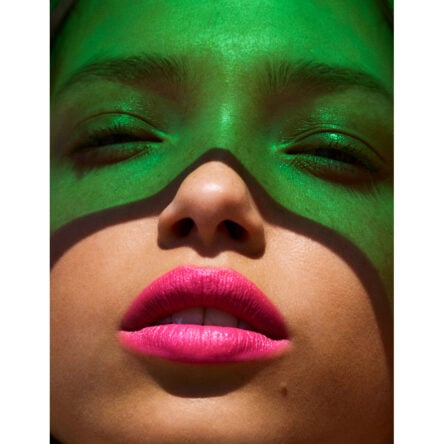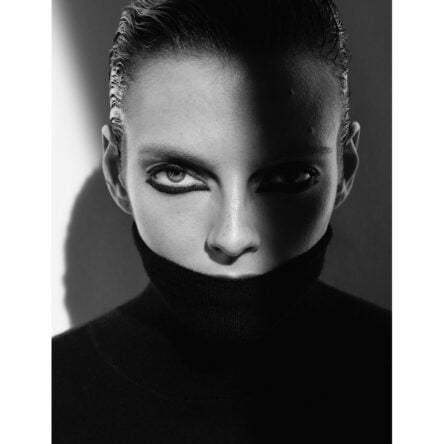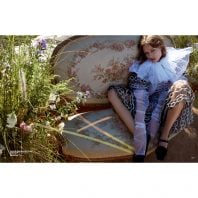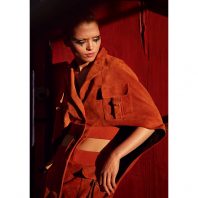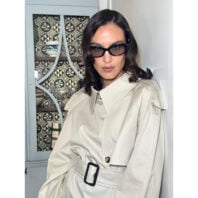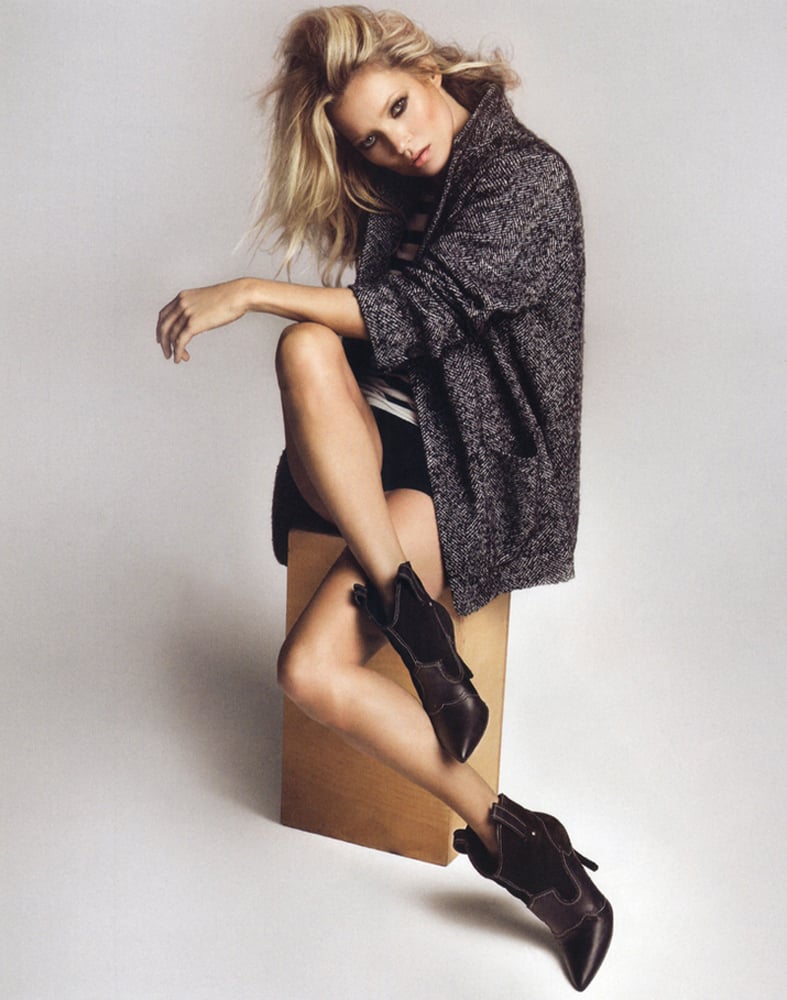
It’s been the buzz word to know for several years when it comes to skincare, but what is retinol? And how can retinols transform your skin? As far as anti-ageing products and treatments go, retinol is one of the few ingredients that dermatologists across the board say can make a real impact, as well as having the ability to tackle acne, skin tone and texture. But it’s not the easiest ingredient to get to grips with, and there are several things you need to be careful of when you’re introducing retinol into your routine. To help you get started, here’s my guide to everything you need to know about retinol skincare…
THIS POST MAY CONTAIN AFFILIATE LINKS

My Guide to Retinol
What is Retinol?
Retinol (Vitamin A), in skincare terms, is pretty much the most potent anti-ageing ingredient on the market. “Retinol is a derivative of Vitamin A and a proven age-defying skincare ingredient. It helps to speed up cell turnover and, in turn, reveal more youthful looking skin,” says Francesco Clark, founder of Clark’s Botanicals.
What does retinol do?
“Retin-based (Vitamin A) skincare products are considered the most powerful and worth understanding because of their proven ability to reduce wrinkles, increase blood flow in skin, fight acne, increase cellular turnover, boost collagen and even skin tone,” says Jamie O’Banion, CEO & Founder of BeautyBio. They work by exfoliating, to encourage cell turnover, aiding the production of collagen and by fighting free radicals.
“You can start using a Retinol as early as your teens or twenties, if you have acne. And, you can use it beginning in your late 20s to prevent and correct signs of ageing on the skin,” says Francesco.
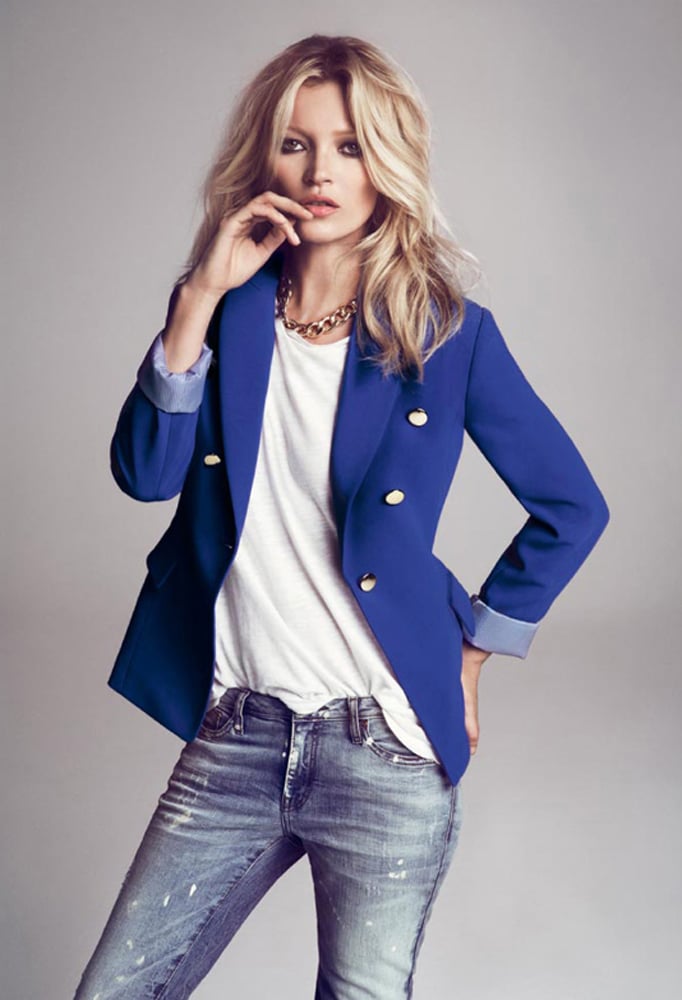
Who should avoid it?
Rosacea, eczema, psoriasis sufferers may find that retinol products exacerbate their symptoms. Acne sufferers should also speak to a dermatologist because using retinol-containing products as there’s a chance they could make your skin worse in the short term. “It is not safe to use while pregnant,” advises Francesco. “And, depending on the concentration of retinol in a product, it may cause redness and irritation on sensitive skin. You should always consult your physician or dermatologist before using a new product, if you are pregnant or have skin sensitivity concerns.”
How do you pick a good retinol product?
Firstly, the packaging is important in the case of retinols, since air and sunlight can impact the effectiveness of retinol, so look for dark or opaque packaging that can be tightly sealed. You should also research the formulation of the retinol in your product, as molecular weight is just as important as percentages, which tend to be the only information given. If you are going by percentages, start with a low retinol content to begin with, just once a week in the evening and build up to a higher content if your skin is coping well.
“Think about the needs of your skin and any sensitivity you may have,” advises Clark’s Botanicals’ Francesco Clark. “Stronger formulas aren’t always better because you have to use them less frequently to minimize redness and irritation. For example, when I formulated my Retinol Rescue Overnight Cream I utilised a lighter concentration AND combined it with colloidal oatmeal to create a product that is gentle enough to use every single day. Over time, regular use of a gentler formula can be more effective than less frequent use of a more potent concentration.”
And don’t forget to use a high factor, broad spectrum sun cream of at least SPF30 after using a retinol product, as it can make your skin more sensitive to the sun.
Here are a few great retinol skincare options to get you started…
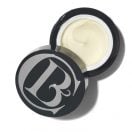
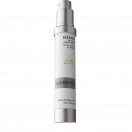
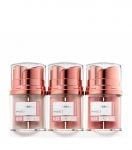
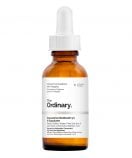
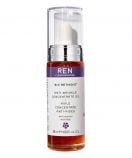
Clark’s Botanicals Retinol Rescue Overnight Cream, £85
Algenist Elevate Advanced Retinol Serum, £81
BeautyBio R45 The Reversal 3-Phase Skin Transforming Treatment, £150
The Ordinary Granactive Retinoid 5% in Squalane, £11.95
REN Bio Retinoid Anti-Wrinkle Concentrate, £45
READ NEXT: Best Moisturisers | Skincare Glossary
© Wendy Rowe. All Rights Reserved.




